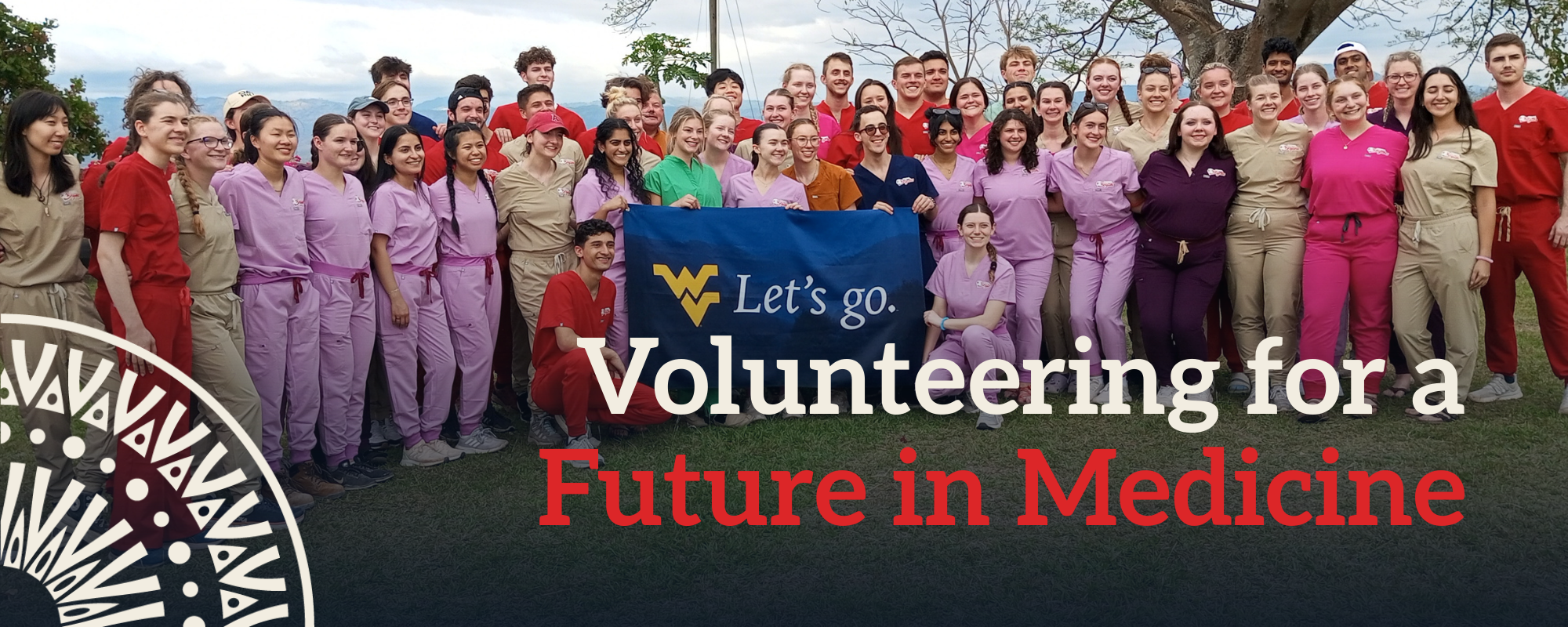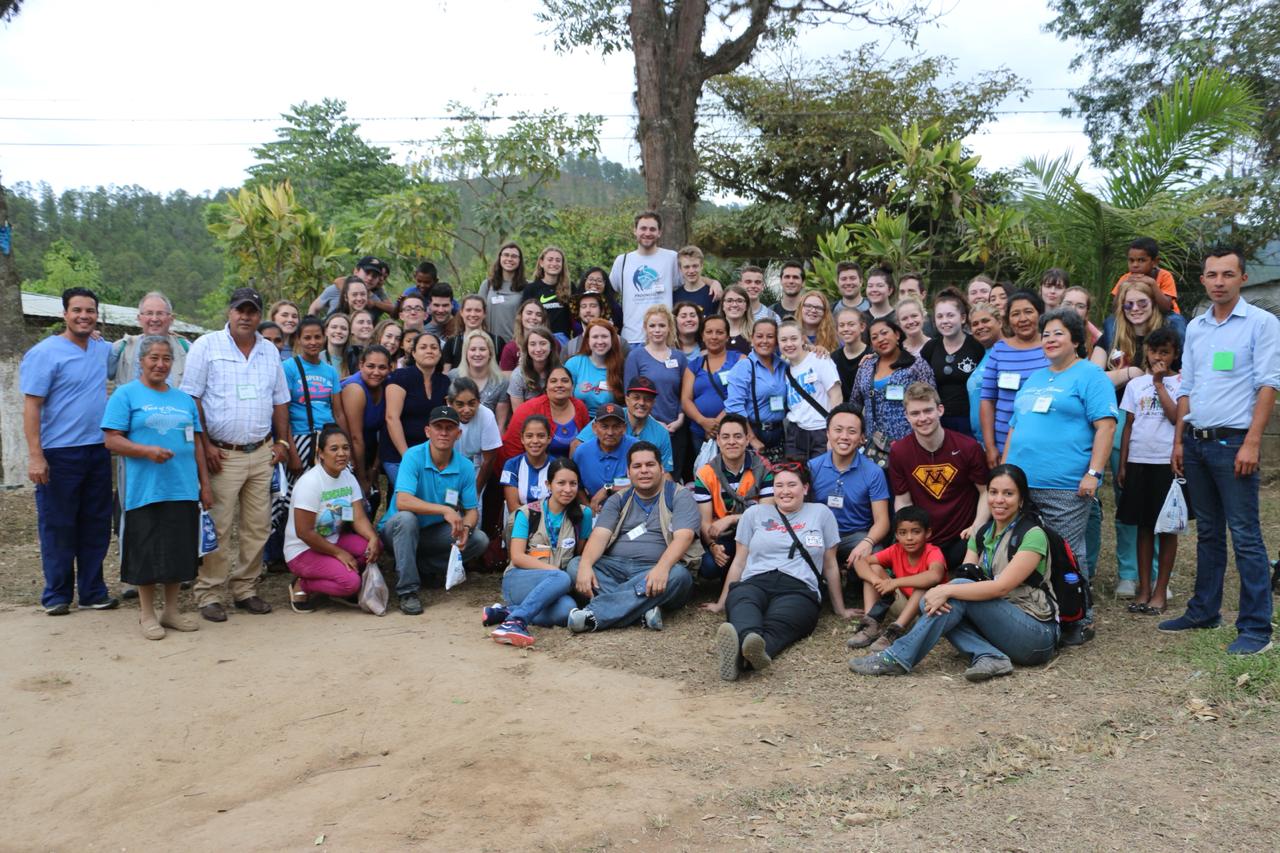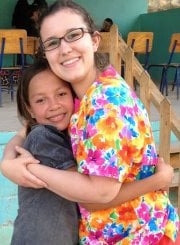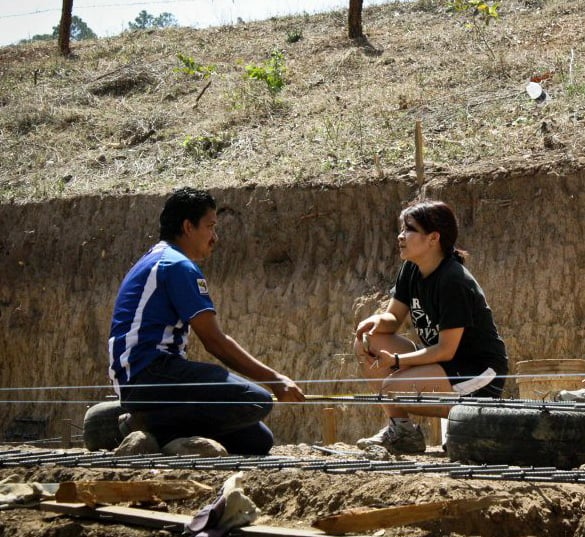Updated for 2025: As more pre-med students seek meaningful ways to gain healthcare experience, we’ve updated this guide to spotlight the most mission-driven, hands-on volunteer opportunities that make a real impact on your future and the communities you serve.
Volunteering as a pre-med student isn’t just about checking a box for med school; it’s about real-world experience, personal growth, and learning what it truly means to serve others through healthcare. Whether in your hometown or abroad, the right volunteer opportunity can help you build clinical skills, explore specialties, and show admissions committees your commitment to global health.
Why Pre-Meds Should Volunteer
Hands-on experience is essential for aspiring healthcare professionals. Volunteering provides:
- Clinical Exposure: Understand the realities of patient care and healthcare delivery
- Skill development: Grow empathy, communication, and cultural competency
- Networking opportunities: Connect with mentors and medical professionals
- Leadership and initiative: Stand out with roles that show responsibility and drive
- Personal growth: Learn resilience, teamwork, and adaptability
Top Volunteer Opportunities for Pre-Meds
There are two main categories: clinical and non-clinical.
Clinical Volunteering Opportunities
Clinical experience means direct interaction with patients or participation in healthcare settings. Examples include:
- Hospitals or community clinics
- Free health fairs and screening events
- Rehabilitation or hospice centers
- International mobile medical clinics (like Global Medical Brigades)
- EMT programs or emergency services
- Global health-focused non-profits
Tip: Not all hospital volunteering is clinical. Administrative work doesn’t count, so ask about patient-facing roles.
Learn about how we’re the largest student-led movement for global health.
Non-Clinical Volunteering Opportunities
Non-clinical roles help you understand broader public health issues and show compassion beyond medicine. Try:
- Tutoring or mentoring
- Community outreach programs
- Food banks, shelters, or crisis lines
- Public health advocacy or education campaigns
A well-rounded applicant includes both types of service on their med school application.

Volunteering with Global Medical Brigades
If you’re looking for one of the best volunteer programs for pre-med students, Global Medical Brigades (GMB) offers short-term, high-impact opportunities to serve in underserved communities.
GMB students:
- Volunteer alongside local medical professionals
- Deliver care in mobile medical clinics
- Participate in public health workshops and community education
- Learn how sustainability and equity drive global health outcomes
You’ll return with not only clinical experience, but a broader view of global healthcare, cross-cultural understanding, and the leadership experience of organizing and fundraising for a chapter. GMB volunteers also fund year-round healthcare systems and programs run by in-country staff, maximizing long-term impact in the communities we serve.
What Medical Schools Look For in Pre-Med Volunteering
When writing about your experience on applications, admissions committees want to know:
- What you learned about yourself and healthcare
- How it impacted your desire to become a physician
- What skills you gained and how they apply to medicine
- How long you committed to the experience
- Whether you showed leadership or initiative
Quality and depth matter more than total hours. A long-term role where you made an impact will speak volumes.
When to Volunteer: Undergrad vs. Gap Year
Start early if you can. Volunteering during undergrad gives you time to build relationships, explore specialties, and integrate with your coursework. If you take a gap year, it’s a great time to pursue more intensive opportunities or international service.
Whether it’s a weekly clinic shift or a week-long Global Brigade, what matters is how the experience shapes your path to medicine
How Many Volunteer Hours Do You Need?
There’s no magic number, but many successful applicants log 100+ hours of community service. Make every hour count by reflecting on your role and making a meaningful contribution.
Final Thoughts: Lead and Serve with Purpose
The best volunteer experience for pre-med students is one that aligns with your values, builds your skills, and helps others in meaningful ways.
If you’re looking to grow as a global health leader, consider starting or joining a Global Medical Brigades Chapter. You’ll recruit peers, organize a brigade, fundraise for sustainable programs, and serve in communities where your impact is truly needed.
Learn more about how to start a chapter or join a medical brigade today.





